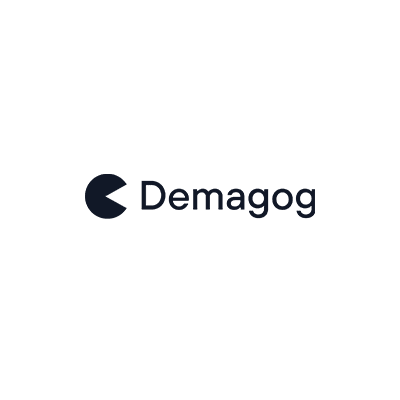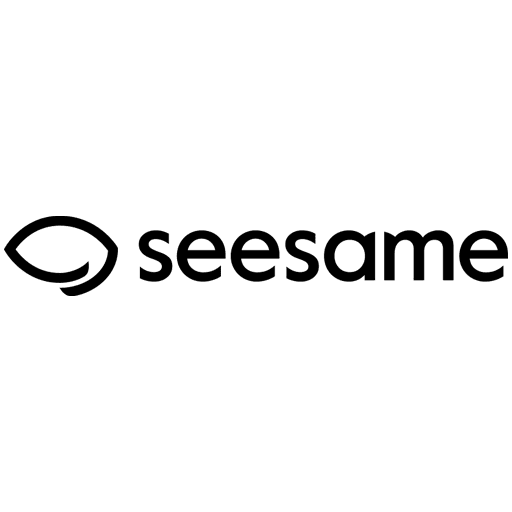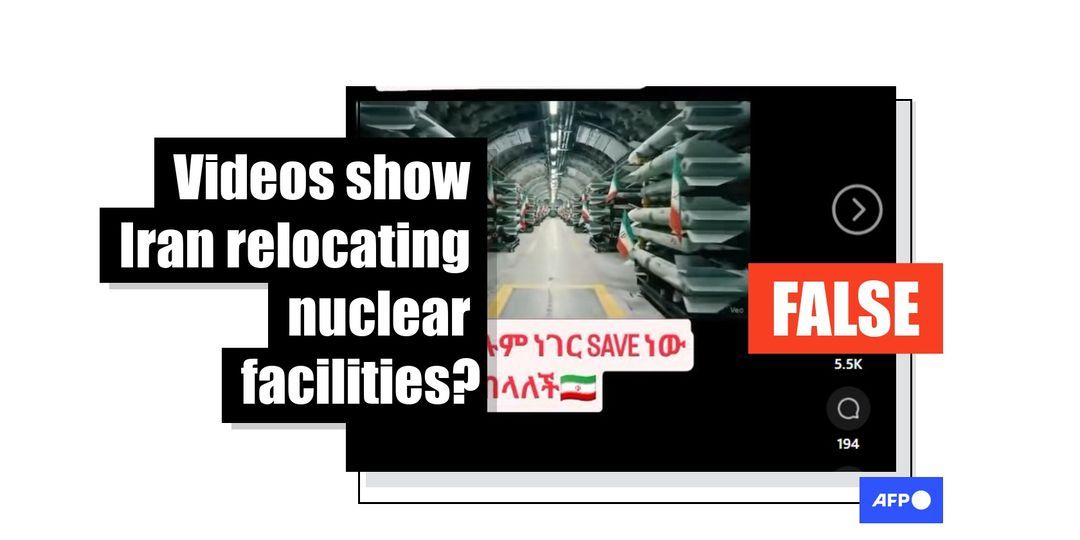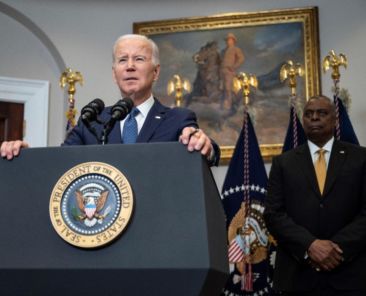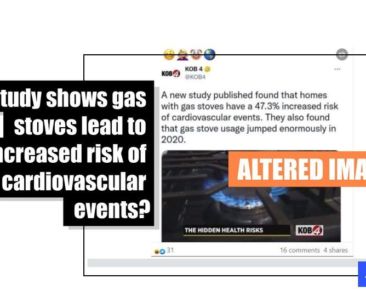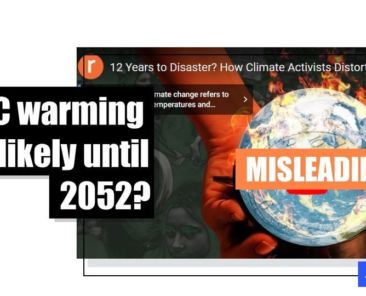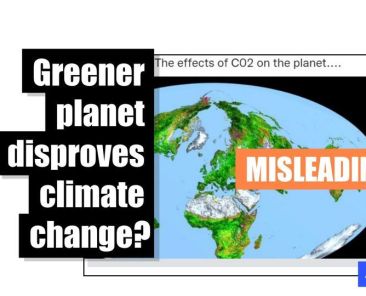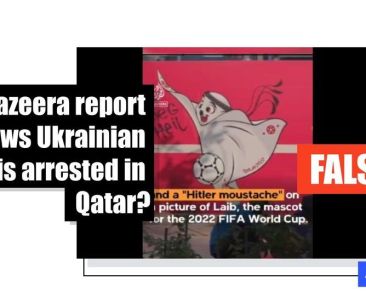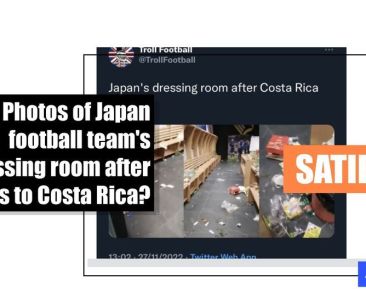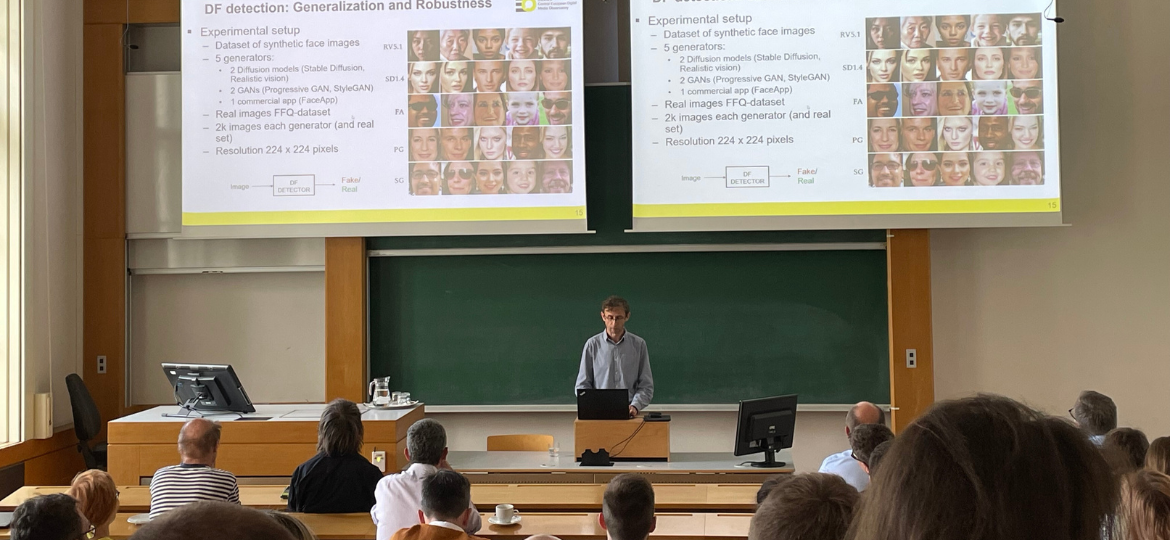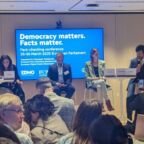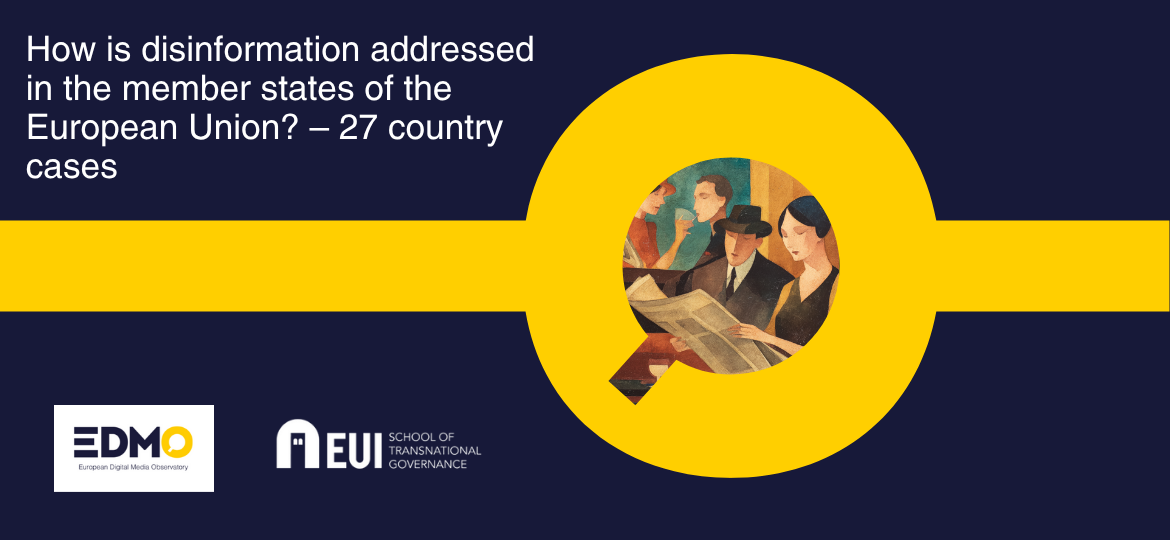About CEDMO
The Central European Digital Media Observatory (CEDMO), as an independent non-partisan multidisciplinary hub, aims to identify, research and prioritise the most critical sources and causes of information disorders in Central Europe (mainly the Czech Republic, Slovakia and Poland). This international consortium was created to propose a set of short and longer-term actions, as well as recommendations to help civil society, public institutions and the private sector respond to the declining trust in key institutions and help society to resist the effect of increasing exposure to mis- and disinformation.
By interacting and coordinating with European Digital Media Observatory (EDMO) and other regional EDMO hubs in EU, CEDMO will contribute to curbing threats posed by information disorders, including disenchantment with the democratic processes, and discord in civil society in Europe, and to building community and nation-wide resilience while protecting information ecosystems.
About CEDMO
The Central European Digital Media Observatory (CEDMO), as an independent non-partisan multidisciplinary hub, aims to identify, research and prioritise the most critical sources and causes of information disorders in Central Europe (mainly the Czech Republic, Slovakia and Poland). This international consortium was created to propose a set of short and longer-term actions, as well as recommendations to help civil society, public institutions and the private sector respond to the declining trust in key institutions and help society to resist the effect of increasing exposure to mis- and disinformation.
Our Partners
About CEDMO
The Central European Digital Media Observatory (CEDMO), as an independent non-partisan multidisciplinary hub, aims to identify, research and prioritise the most critical sources and causes of information disorders in Central Europe (mainly the Czech Republic, Slovakia and Poland). This international consortium was created to propose a set of short and longer-term actions, as well as recommendations to help civil society, public institutions and the private sector respond to the declining trust in key institutions and help society to resist the effect of increasing exposure to mis- and disinformation.
Our Partners
“Now Biden is doing what he said 10 months ago would lead to World War III. He is sending in American tanks,” said former president Donald Trump, who is gearing up for the 2024 election, in a video tweeted February 1, 2023.
The altered screenshot was shared on Facebook here on January 19, 2023.
The video criticizes activists, politicians and the media for treating 2030 as a “cliff edge” for climate catastrophe — and for suggesting there are “12 years left to save the world,” a claim that traces back to when the UN report was released in 2018.
“Look closely. The effects of CO2 on the planet….,” says a November 27, 2022 tweet from former University of Toronto professor Jordan Peterson that has tens of thousands of interactions.
“Nazi Ukrainians were arrested in Qatar after they drew swastikas on football posters,” reads a tweet from November 22, 2022, featuring a video with graphics and a logo resembling those of international news channel Al Jazeera.
“Japan’s locker room after the Costa Rica match,” reads the Korean-language title of a post shared on Gasengi, a popular South Korean internet forum, on November 27.





